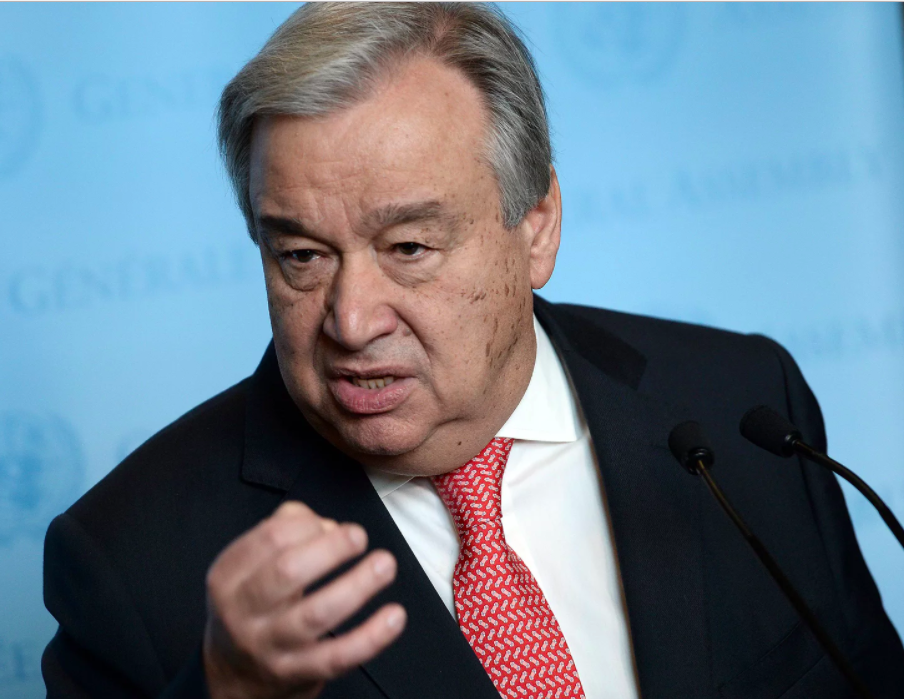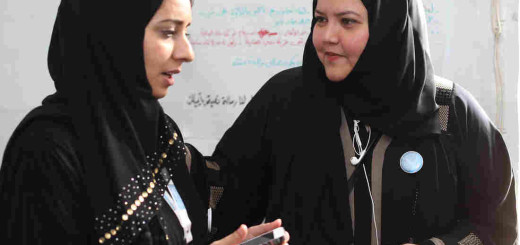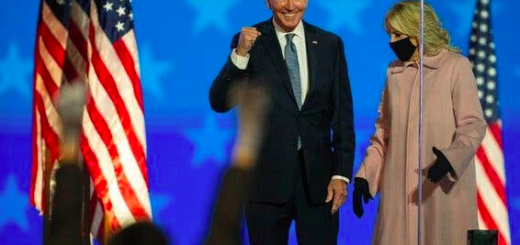Toothless United Nations? Must seize this last chance to save itself

 Mary Dejevsky, in the Guardian UK, 29 December 2016
Mary Dejevsky, in the Guardian UK, 29 December 2016
As the new UN secretary general, António Guterres must make the security council matter again – we need it more than ever.
In the pic: New UN secretary general Ant ónio Guterres Photograph: ddp USA/Rex Features.
(Note: Who is the most visible and much talked about person on the global horizon hogging the lime light? Donald Trump, Putin, Pope Francis, Obama, Angela Merkel, UK’s May, India’s Modi? None of them or all of them one after another. In the midst of a global upheaval and instant communication reducing the whole world into a global village, who should be on top of it all? It ought to be the one global institution technically invested with authority as the global while-blower or policeman – the United Nations supported by 193 member countries. Its new commander in chief is António Guterres.
Other international organizations like the world council of religions, of churches, World Monetary Fund, ICC, WTO may fade into insignificance in comparison. That there are many such world organizations, is proof that humanity is shrinking and is in frantic search for close-knit partnership in every aspect of its life – political, social, cultural, intellectual, religious, financial and much more. Ultimate aim of all is development (the new name for peace according to late Pope Paul VI) of the WHOLE man and ALL men. What is vital in this is the phrase ‘WHOLE MAN’ which should mean man’s multifarious needs for growth mentioned above. In today’s global setup what humanity needs most is not a common figure-head but a ‘fighting head’ that makes sure everybody is made to get its basic needs, not greed.
It is to play this vital role that the UN was created. As for resolving armed conflicts ia concerned, one agreed assumption on which UN was based was: “It is better to shout at each other sitting around a round table than to shoot at each other anywhere else.” But the sad truth is that it has been emasculated or made tooth-less by the bullying strong (‘rogue’ would be more proper) nations which force the UN to keep its mouth shut or to resort to diplomatic parlance, and diplomacy consists in keeping on firing even when one is out all ammunitions, so that neither good or bad is done.
As a rule UN can only be as powerful as it’s reigning secretary General happens to be. Ban Ki-moon has not succeeded to rise up to the expectations of member nations. Any one who has tried to please all or the four powerful permanent members has always ended up as a failure. So what? Is the UN condemned even in this day and age, to toe the diktats of a barbaric “might-is-right-culture”? It looks so. Do we need such a mockery on the global stage? None would want, not the CCV in any case even though ours is too faint a voice to be heard. Only a dare-devil chief ready to go down as a martyr in conflict with a brute world  power with military might can make any difference today. Any chance of Guterres becoming such a martyr? Possible, though not probable! If so bleak indeed is the future of UN. james kottoor, editor)
power with military might can make any difference today. Any chance of Guterres becoming such a martyr? Possible, though not probable! If so bleak indeed is the future of UN. james kottoor, editor)
As the Syrian government and its backers tighten their grip on Aleppo, and Turkey and Russia reveal yet another ceasefire in Syria, the same questions trouble many an outraged onlooker. Has the United Nations ever seemed more toothless than it does now?
Why did this congregation of almost 200 countries lack the power first to prevent, and then to halt, such civilian bloodshed? Why had it been unable to convene all the parties around the same table to any productive end? And if the UN is incapable of acting in a crisis such as this, what is the point of it?
António Guterres takes over as the new secretary general of the UN on Sunday at a time when the international organisation’s reputation is, at least from the perspective of many western countries, as low as it has ever been. The hopes that were invested in this successor to the failed League of Nations seem to have been dashed at the very time when they mattered most – and not for the first time. Is the former Portuguese prime minister someone who can show that the organisation has a mission that can work?
It is a good deal easier to forecast failure than success. After all, successes for the UN in recent years have been few and far between. Much of the peace-brokering, such as it is, has been accomplished by others, including the US and – yes – the much-maligned EU.
And while there are many who blame the outgoing secretary general, Ban Ki-moon, for the UN’s lacklustre performance during his two five-year terms, this would not be entirely fair. Ban’s appointment was in large part a reaction to the perceived mismatch of profile and achievement on the part of the previous incumbent, Kofi Annan. Not only was it Asia’s turn to provide the new secretary general, but there was a widespread feeling that a less frenetic and more discreet approach might bring less discord and more results.
If that was the job description, Ban certainly met the brief. So discreet a presence was he, however, that the UN, on his watch, seemed almost to fade from view. Specific failures of other UN branches – the cholera brought to Haiti during the earthquake relief operation; the disastrously late response to the west African ebola epidemic; the UN refugee agency’s non-appearance during Europe’s refugee crisis – all reinforced the impression of an “international community” with neither the will nor the capacity to cope.
Then came Syria, which defeated not one, but two of the UN’s most accomplished diplomats, first Annan then Algerian Lakhdar Brahimi. Staffan de Mistura, the Italian-Swedish diplomat, deserves more credit than he has been given, not least for his steadying presence, but much of the heavy lifting was undertaken by the old cold war pairing of the US and Russia – ultimately to little effect.
All of which helps to explain why, as Ban completed his farewell calls, it was not just his own near traceless tenure that came in for criticism, but the UN’s long-term record in general. Perhaps the time for a world body had simply passed. Such criticism, however, ignores the crucial fact: the UN is no more and no less than the 193 countries that belong to it. It is not the independent arbiter many assume it to be, and conflicts – especially once there has been resort to arms – are not simple to resolve. Civil wars, with or without outside involvement, are especially intractable – as in Syria.
The UN has a second chance to come into its own. But it must think in terms of the politics of 2045 rather than 1945.The collapse of the Soviet Union had spurred hopes for a more consensual security council that would be less inhibited about acting. Twenty-five years on, though, it is clear that it is not only the enduring cold war legacy that stands in the way of agreement at the top of the UN. There is the newer north-south dimension, the old smattering of colonial grievances, but most of all some genuinely irreconcilable territorial and cultural interests.
It might be tempting to propose that the UN should just give up and leave the field. As of now, however, that looks a much worse idea than pressing on. One reason is the new secretary general. Guterres has the record and personal energy that could just put the UN back on to the global diplomatic map. Another is the new US president. If Donald Trump is serious about downgrading US internationalism, this could leave a gap that the UN would be equipped to fill – perhaps even with US blessing.
A third reason, though, is the most compelling. Even before Trump, the world was already becoming a more contested place, with China fast becoming an assertive new player, India snapping at its heels, and the Middle East conflict entailing much more than Israel-Palestine.
Just as the G20 has largely superseded the G7 for economic discussions, so the UN, with its worldwide membership, has a second chance to come into its own. It will need to be less hierarchical, in line with the flatter organisational structures favoured today. It should perhaps have its own standing security force (to be deployed only by consent). Above all, it will have to think in terms of the politics and demography of 2045, rather than 1945.
Whether any of this can happen will rest to a large extent with Guterres. But if, as it would appear, the diplomacy of tomorrow is likely to be more multilateral than it is today, the UN should be an idea whose time has come rather than gone.
















